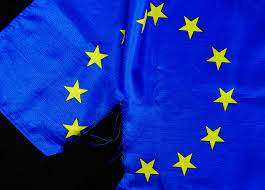
The government recently indicated a willingness to diverge from EU regulations post-Brexit. Perhaps one of the more significant moves in this direction is the announcement by Universities and Science Minister Chris Skidmore that the UK will not implement the controversial EU Copyright Directive.
The main criticism levelled at the directive was down to Article 17* Use of protected content by online content-sharing service providers. Essentially this makes services such as YouTube and Facebook responsible for any copyright infringement contained in any content uploaded by their users to their platforms. In effect, this could potentially force platforms to substantially ramp up their efforts of moderation, resulting in huge costs associated with aggressive moderation or having to face the alternative prospect of significant fines.
Unsurprisingly, Google lobbied heavily against the proposed measures, warning that the legislation would “harm Europe’s creative and digital industries” and “change the web as we know it”. Susan Wojcicki, CEO of YouTube, went as far as to suggest the consequences of Article 17 could mean that “EU residents are at risk of being cut off from” watching YouTube videos. Nevertheless, the EU is still going ahead with the directive, and EU member states will need to implement its provisions by 7 June 2021.
Since this date falls after the end of the Brexit transition period, the UK government has decided to mark one of its first major diversions from EU policy by not implementing the directive. In a written answer to a Parliamentary question regarding legislative proposals to implement the directive, Skidmore simply said that: “the United Kingdom will not be required to implement the Directive, and the Government has no plans to do so. Any future changes to the UK copyright framework will be considered as part of the usual domestic policy process”. It will be interesting to see if this position changes during the course of Brexit negotiations – watch this space!
*In the original version of the directive, Article 17 was Article 13 – and much of the debate concerning this provision refers to Article 13.
For a more comprehensive discussion of the EU Copyright Directive, see Peter Adediran in INL1907.